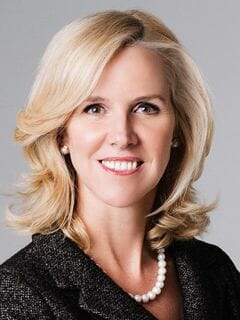June 24, 2024 - On Thursday, June 20th, the LSTA hosted a webinar, Gender Inclusive Drafting, presented by Joel Kwan and Michelle Yang of Paul Hastings, Ari Linder of Merrill Lynch Wealth Management, and Boudewijn Smit of NautaDutilh. The theme of the webinar was, quite simply, that words matter, and we should always think about the words we choose to use when drafting to avoid being exclusionary. In particular for lawyers, using the correct term is important because it will help ensure greater accuracy.
The panelists started by noting that they were not seeking to change people’s minds on the topic but merely sought to highlight that words matter in law and finance discussions. When we make language more inclusive we capture and include everyone. The panelists set out helpful drafting tips and cautioned that this area may be confusing for some listeners.
The panelists noted that accepted salutations such as “ladies and gentlemen” or “Dear Sir /Madam” may not include everyone and instead could be replaced with “attendees” or “Dear Reader”. We live in a patriarchy and that translates into the language we use. We should be aware that other areas which should be reflected on are male centered occupational names. For example, we should replace “policeman” with “police officer”, “chairman” with “chair” or “chairperson”, and “gentleman’s agreement” with “informal agreement”. With occupations, the issue is typically professions which historically were only available to or dominated by men so our goal is to come up with something more inclusive. By doing this we create more space for people to become who they want to become.
Describing relationships in gendered ways can also be exclusionary, and instead we should use gender neutral nouns. Rather than “husband / wife” perhaps opt for “spouse”, and rather than “brother / sister”, use “sibling”. In addition, the use of gender specific language may seem out of date in today’s world. Of course, if you know someone likes to use a particular title such as “Mister” then use it of course. Our panelists concluded by encouraging listeners to maintain an open mind and be willing to speak about this topic.






